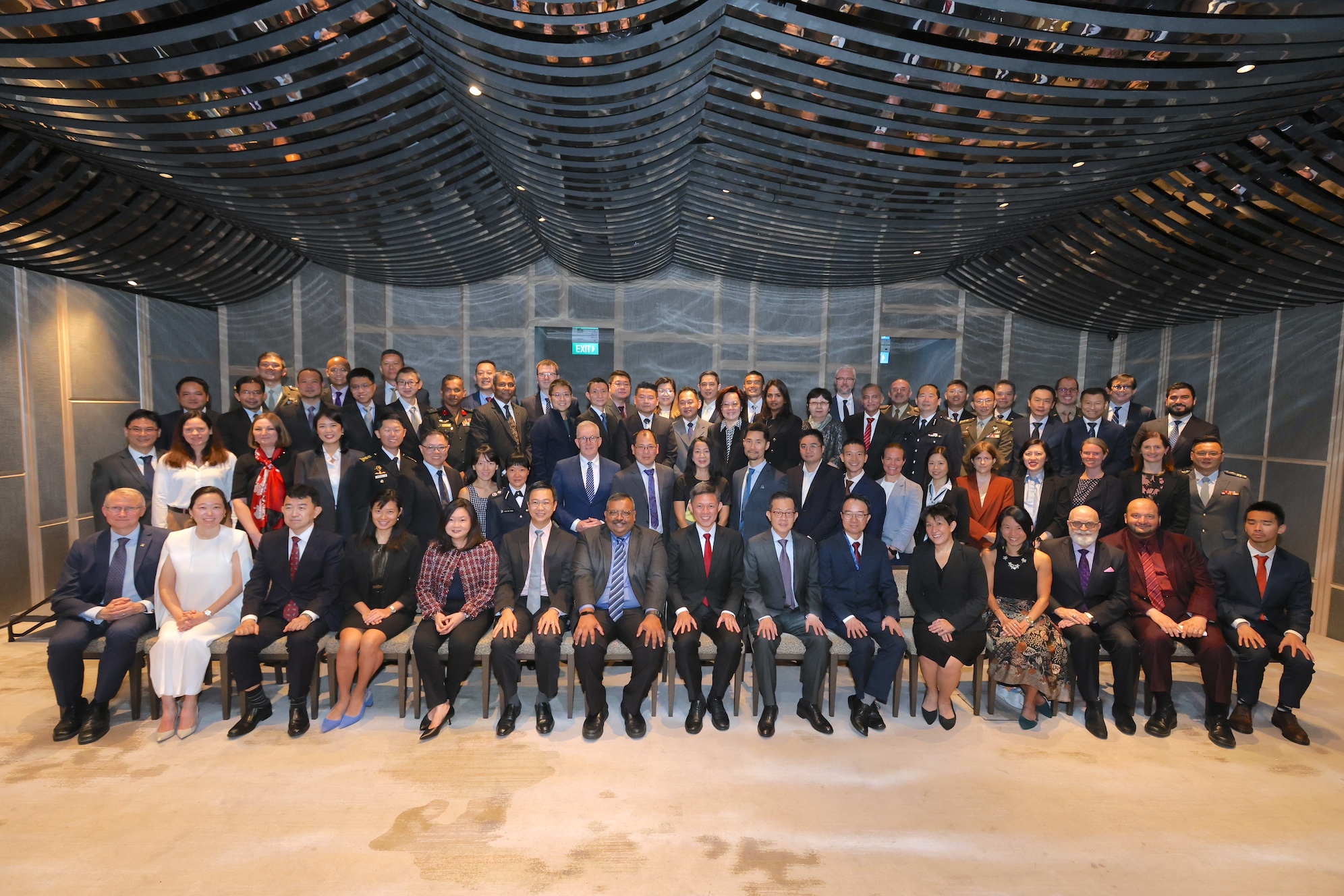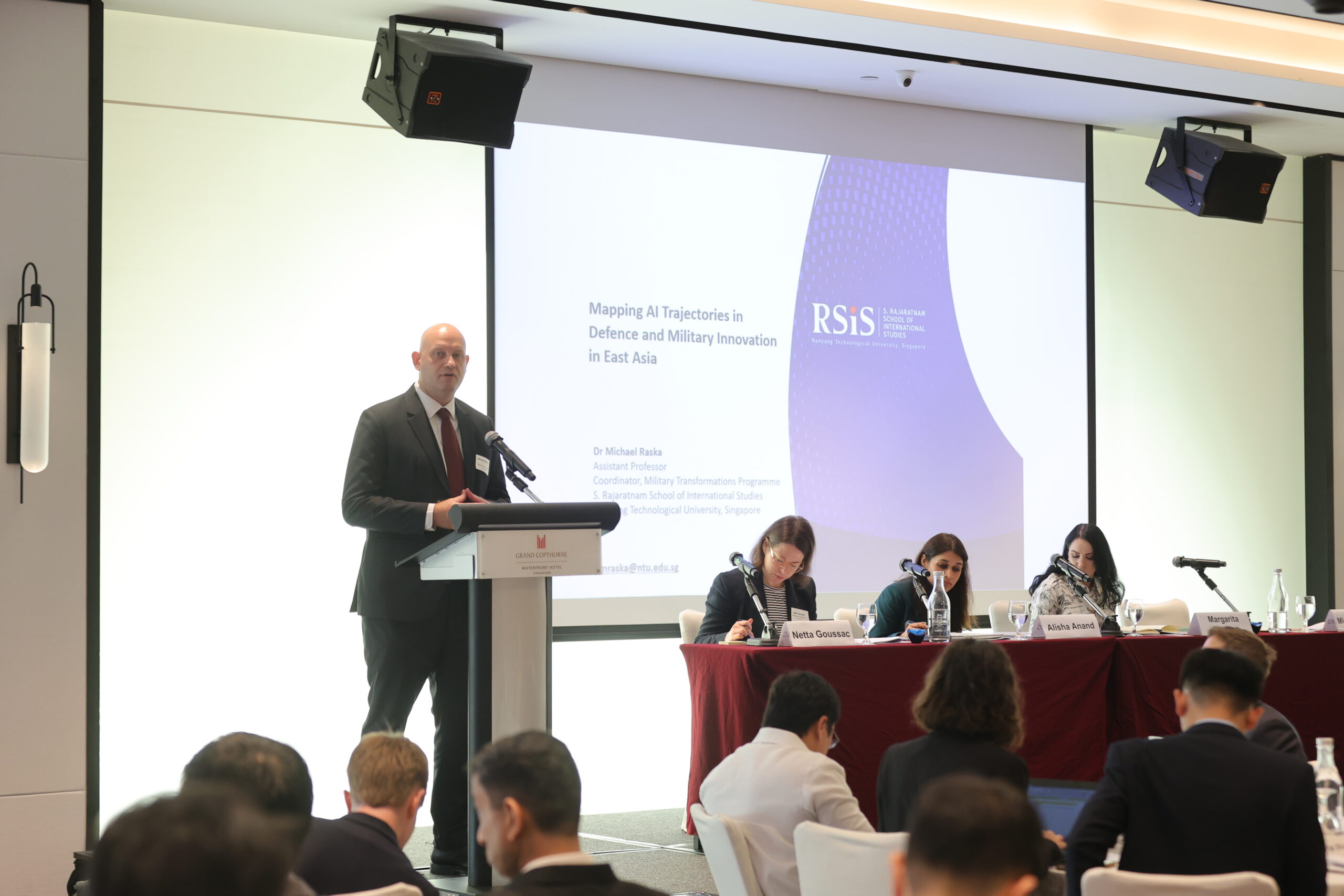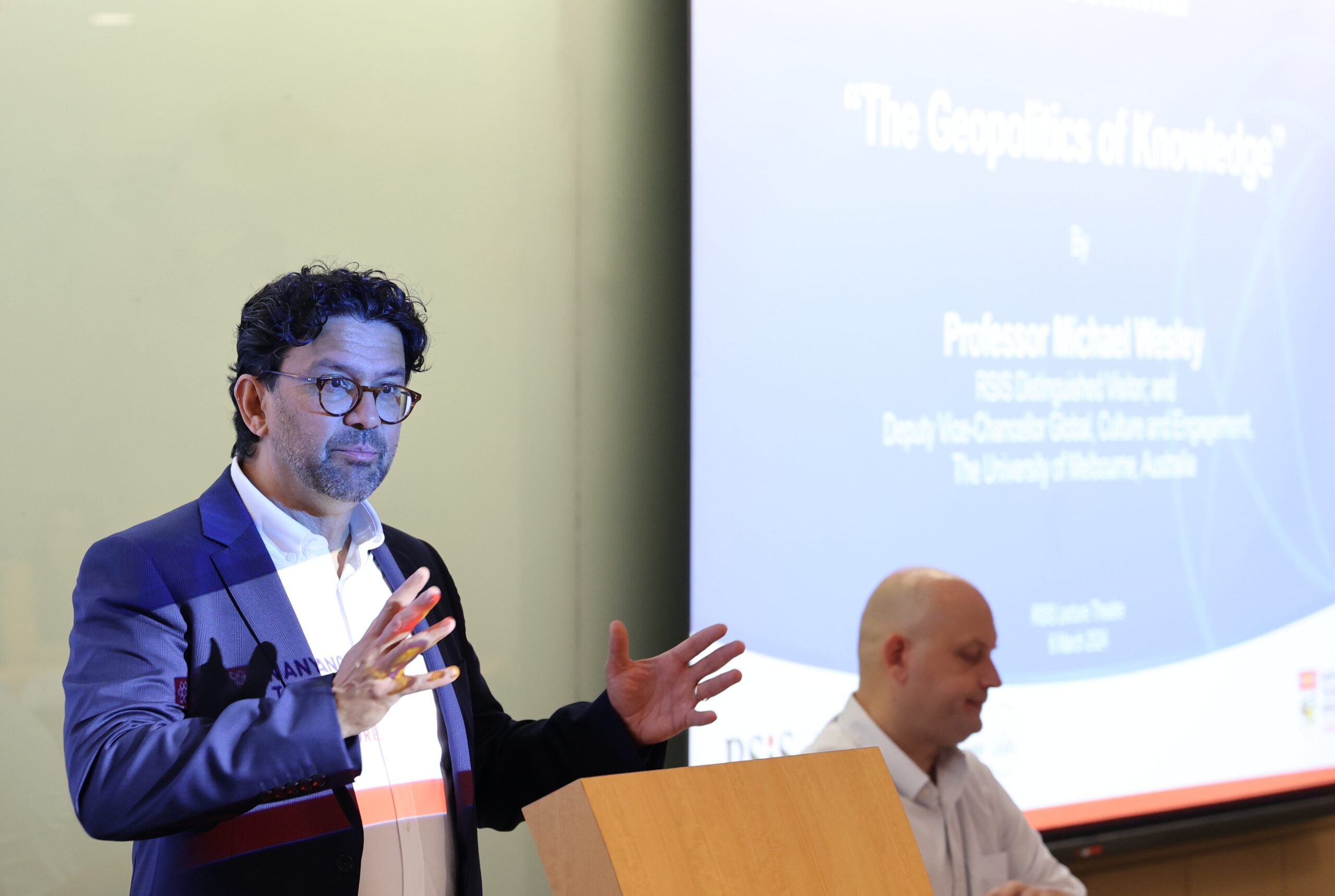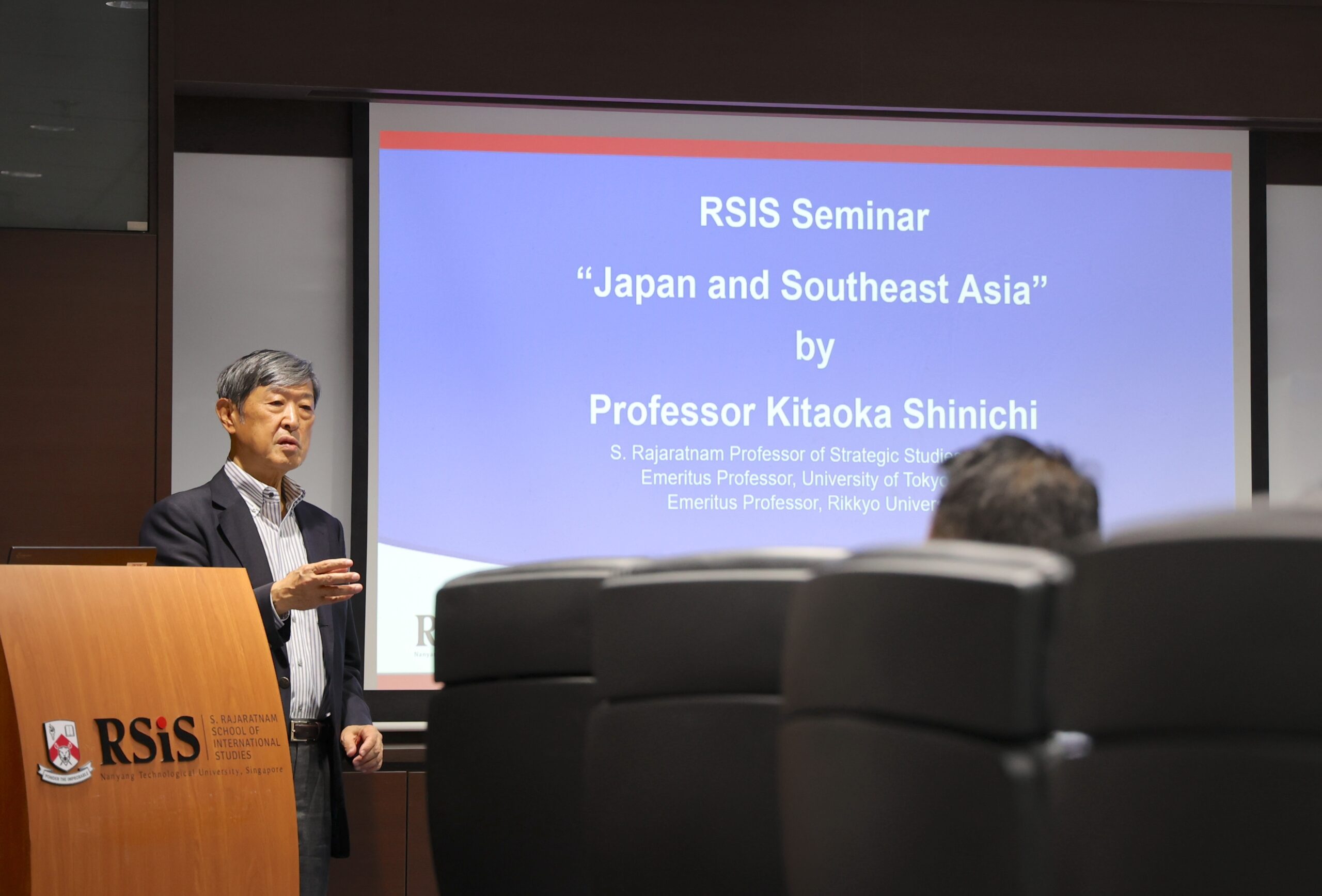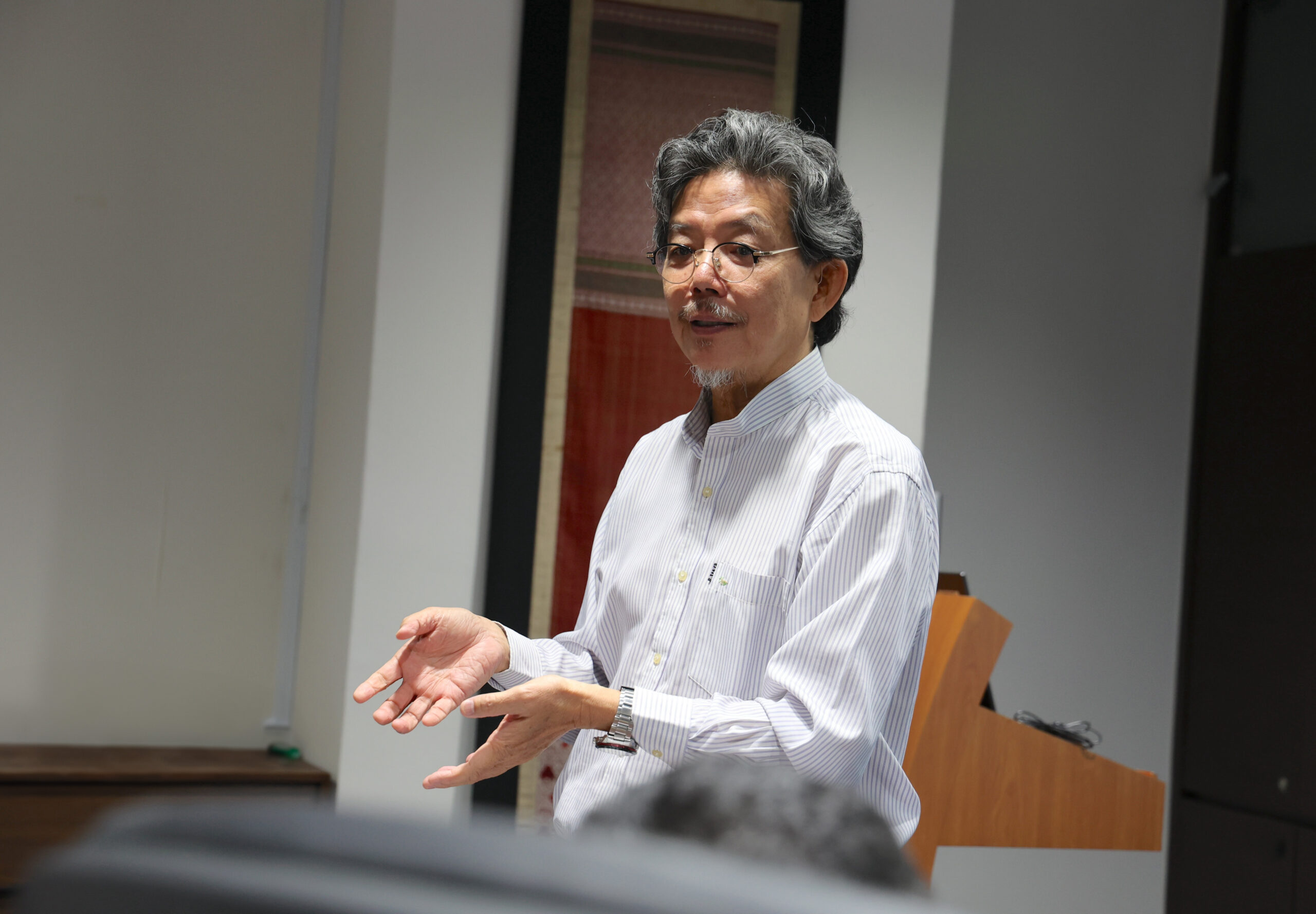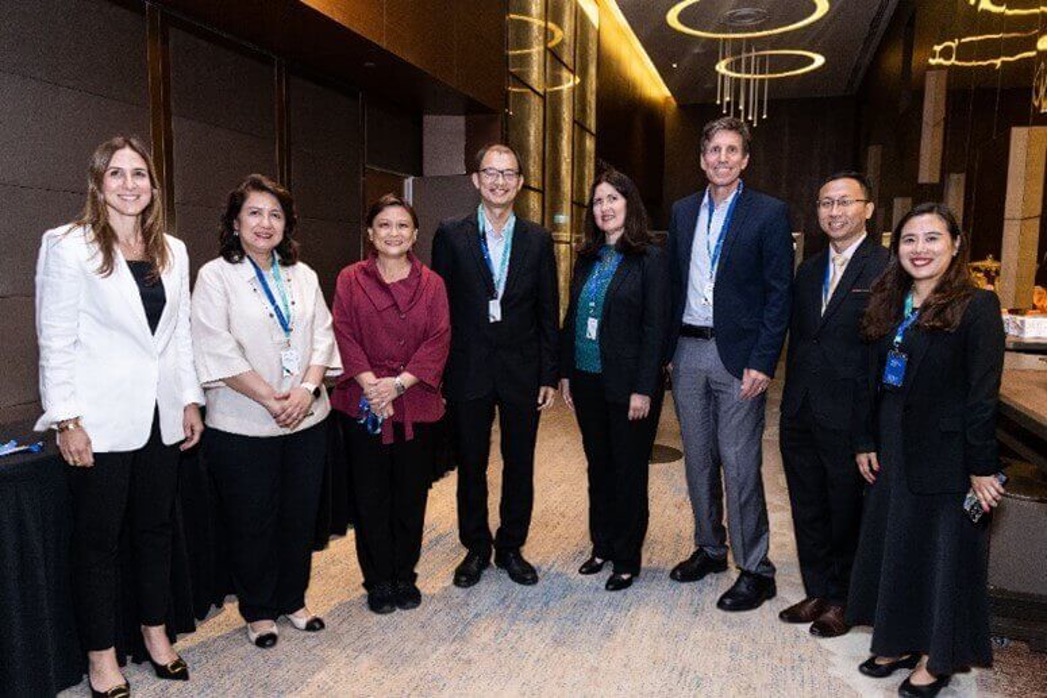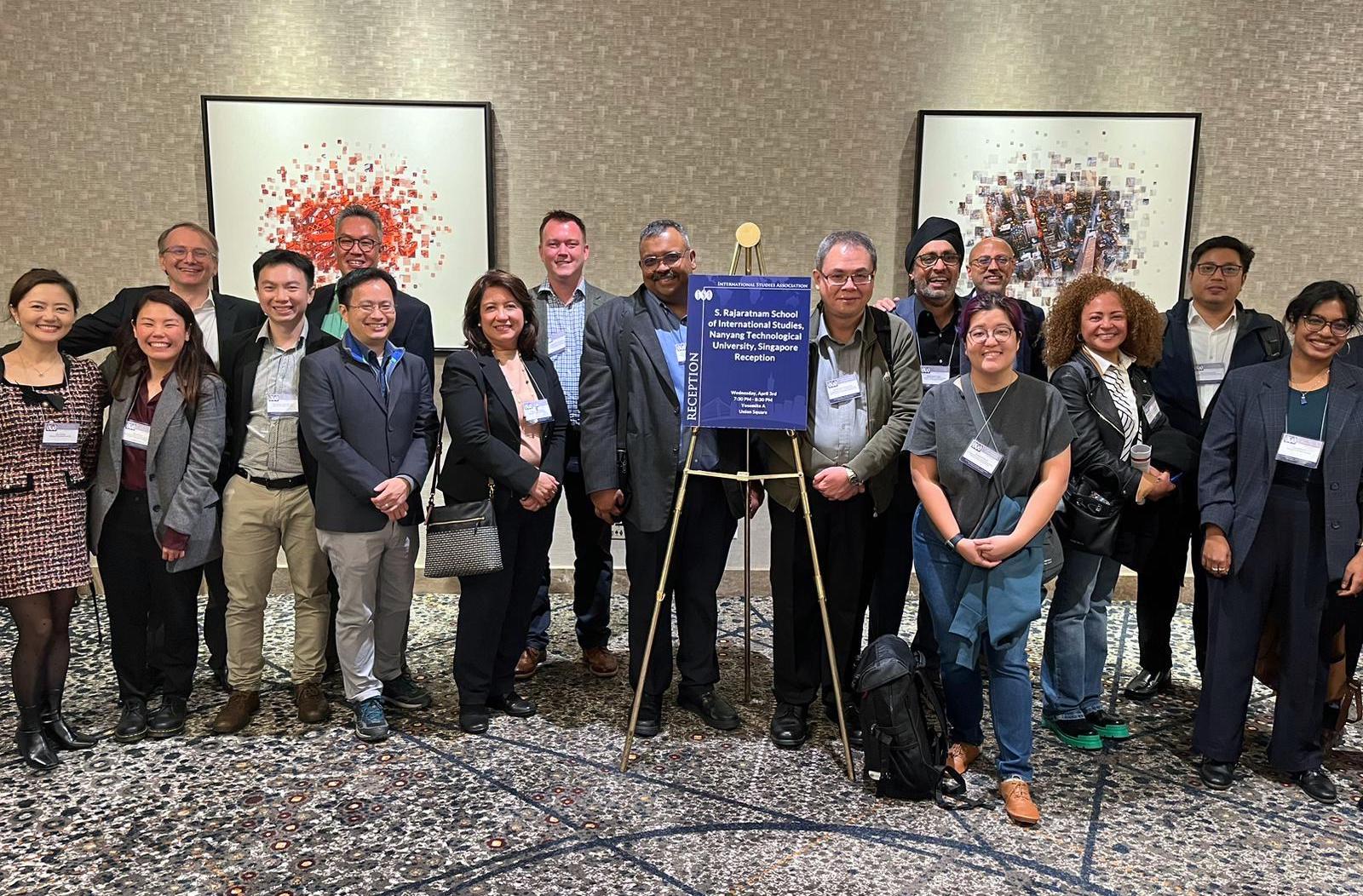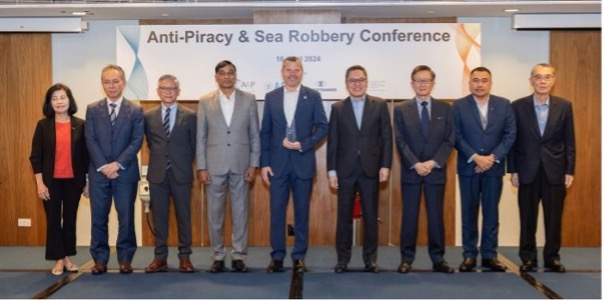
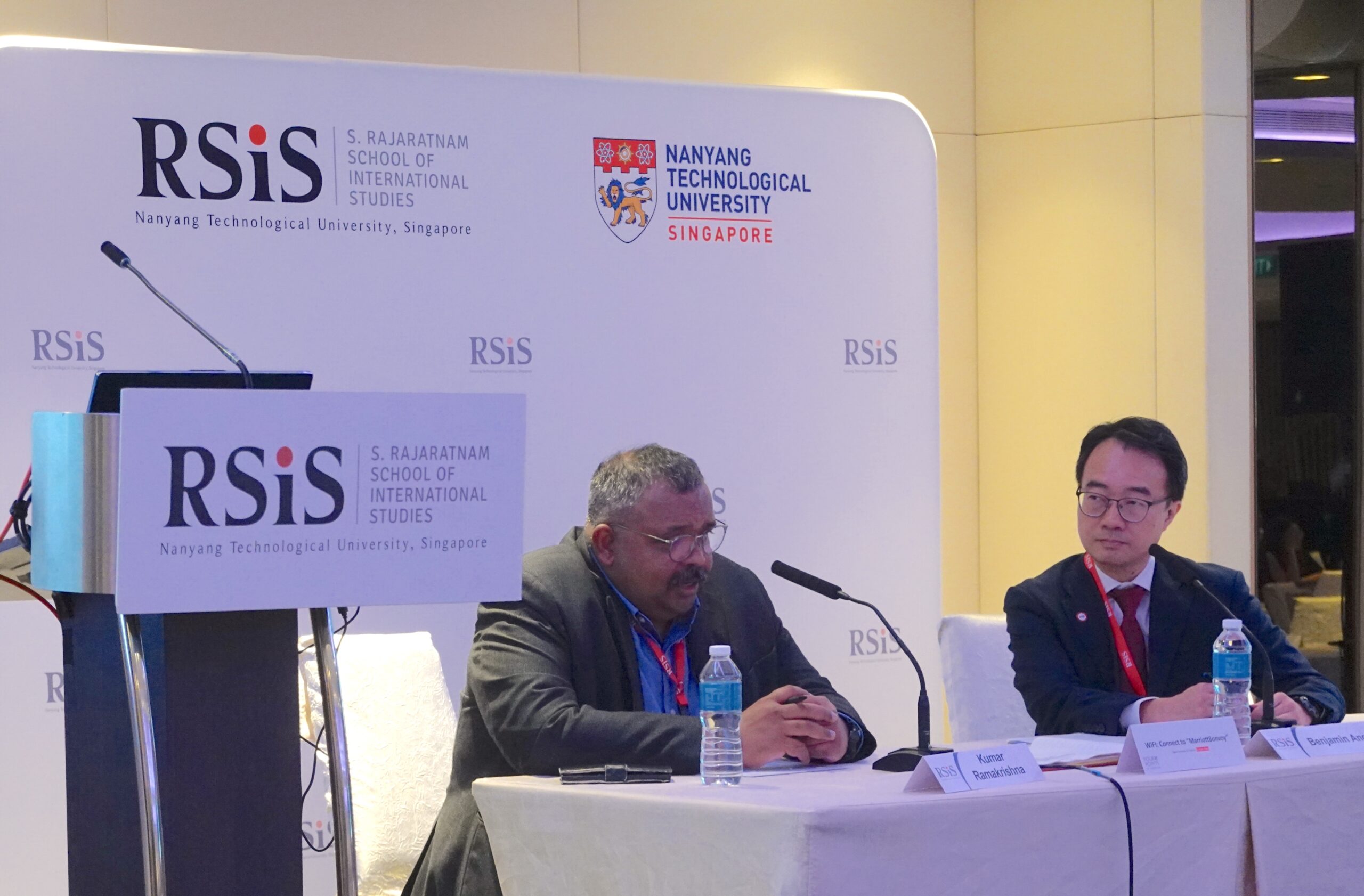
Traditional notions of terrorism have shifted, giving rise to emerging threats exacerbated by societal changes and advancements in technology. Moreover, the scope of radicalism has expanded, including diversification across ideological spectrums. Emerging technology has profoundly impacted the landscape of radicalism and terrorism, increasing interconnectedness between various local and global contexts.
Organised by the Centre of Excellence for National Security (CENS), the workshop titled “Shifting Landscapes – Mapping the Implications of Radicalism, and Terrorism on Global Security” took place from 27 to 28 February 2024. It focused on the significant evolution and change in landscape of radicalism and terrorism, which presents new challenges and complexities. As radicalism and violent extremism remain at the forefront of policy discussions, with terror threats constantly evolving, the workshop served as a platform for engaging with leading practitioners and academics in the field.
Professor Kumar Ramakrishna, Dean of RSIS, opened the event with a keynote address to set the tone, where gave a lay of the land of Singapore and the region, from the Jemaah Islamiyah (JI) threat to the recent cases of far-right youth self-radicalisation, as well as the mapping of conflicts like the Israel-Hamas War on narratives and local conditions. Eleven speakers from esteemed institutions in Italy, Australia, Indonesia, Thailand, Singapore, Malaysia, India, the United Kingdom, and the United States lent their expertise in four panels over the course of two days.
Day 1 focused on evolving terrorism issues and their continued impacts on countries. The first panel, chaired by Alif Satria, Associate Research Fellow from the International Centre for Political Violence And Terrorism Research (ICPVTR), RSIS, was titled “Countering Terrorism in Southeast Asia: Regional Approaches and Emerging Threats” and it examined the current realities of terrorist groups and where they stand in South Thailand, Malaysia, and Indonesia. The panellists acknowledged that while extremism in Southeast Asia is often viewed through the lens of Islamist terrorism, the increase in radical right-wing posts on social media platforms must also be studied extensively as it used to support and propagate their ideology of extreme nationalism and religious conservatism, posing significant security risks, if left unchecked.
The second panel, titled “Countering Terrorism in Key Hotspots” shifted its focus on to the regions of Afghanistan, Africa, and Yemen, and was moderated by Abdul Basit, Senior Associate Fellow from ICPVTR, RSIS. This panel examined at the threat posed by Al Qaeda and the Islamic State , Foreign Terrorist Fighters (FTFs), and counterterrorism efforts in these regions. Despite suffering territorial and leadership losses in the past few years, these groups are now breaking into factions and shifting their focus to countries in Africa, South and Southeast Asia. Pragmatic observations for how Southeast Asian countries and other key hotspots are still susceptible to extremism and radicalism even when the threats do not seem obvious, were provided.
Day 2 addressed global issues of radicalism and emerging threats in the realm of terrorism. The first panel of the day titled “Current Status of the Far-right,” chaired by Antara Chakraborthy, Senior Analyst at CENS, RSIS, explored the impacts of issues such as the mainstreaming and globalisation of the far-right. As a case study, the example of India and the rise of Hindutva was also brought in to see the real time effects of the mainstreaming of the far-right in political discourse.
Following this, the last panel of the event titled “Understanding Evolving Threats,” moderated by Yasmine Wong, Associate Research Fellow at CENS, RSIS, shifted gears to draw focus on dynamic issues of radical preachers and terror financing networks. These panels provided an in-depth understanding of how issues of terrorism evolve and adapt in this constantly shifting world.
To allow the participants to expand on these topics, the workshop had syndicate room discussions to facilitate more face time with the speakers. The learnings from this workshop will prove to be extremely insightful for Singapore as it tries to navigate instances of radicalism and extremism within its own society. This workshop, therefore, provided the opportunity for policymakers, practitioners, and the academic community in Singapore to understand the role and process of radicalisation, from various perspectives.




